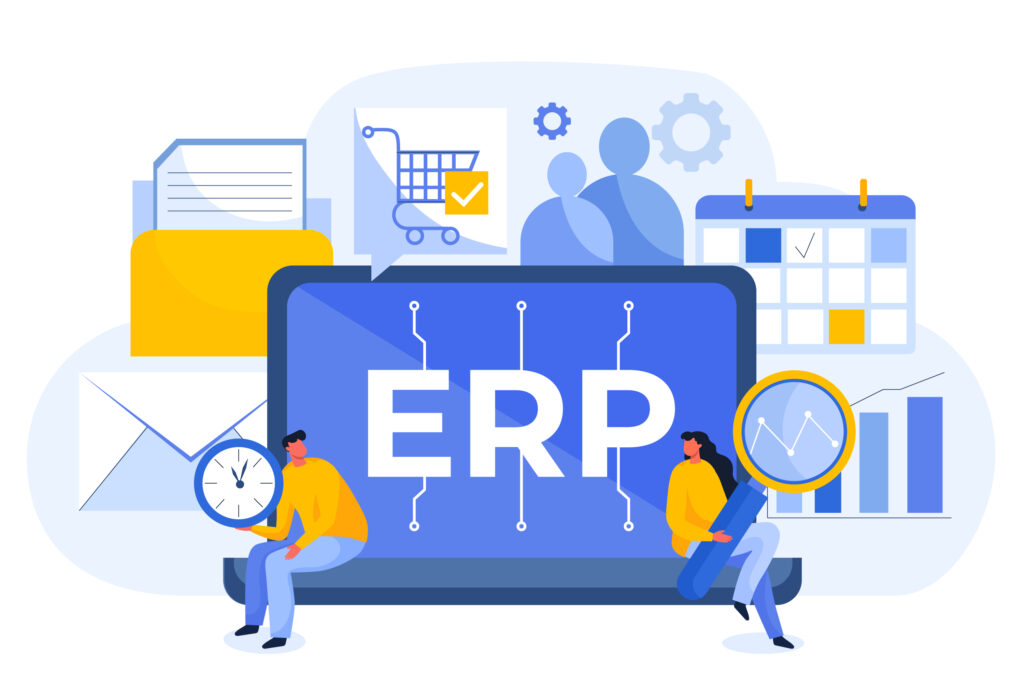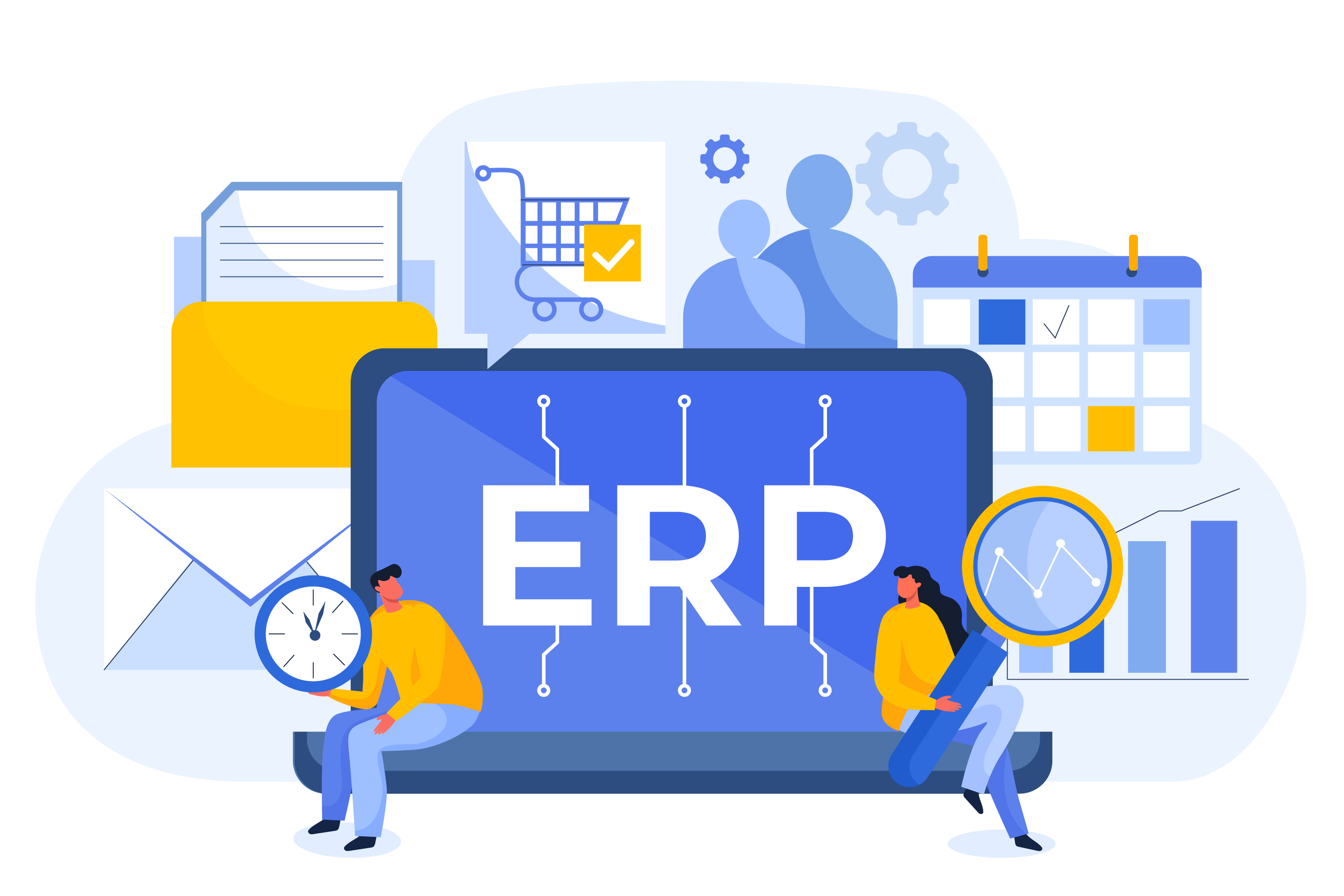Enterprise Resource Planning (ERP) is a crucial aspect of any modern business that aims to streamline their operations and maximize productivity. However, the software is not a one-time investment and needs to be updated periodically to keep up with the latest trends and stay relevant in the market. Failing to upgrade your ERP can result in costly inefficiencies and missed opportunities. In this article, we will discuss seven indications that suggest it’s time to upgrade your ERP.

1. Lack of Compatibility with New Technologies
Technology is constantly evolving, and businesses need to keep up with the changes to remain competitive. Newer technologies such as Artificial Intelligence (AI), Machine Learning (ML), and the Internet of Things (IoT) are transforming the way companies operate. Legacy ERP systems may not be compatible with these new technologies, limiting their ability to take advantage of the latest trends. Upgrading your ERP can help your business to leverage the latest technologies to improve efficiency and productivity.
2. Poor Performance
Outdated ERP systems can cause slow processing speeds, leading to delays in critical business processes. This can result in lower productivity, frustrated employees, and lost revenue. If you notice a drop in performance or frequent system crashes, it’s a clear indication that it’s time to upgrade your ERP. A modern ERP system can offer better performance, faster processing speeds, and increased efficiency, providing your business with a competitive edge.
3. Difficulty in Integrating with Other Software
In today’s interconnected world, businesses rely on multiple software systems to manage their operations. An outdated ERP system can create integration challenges with other software, leading to data silos, duplication of efforts, and loss of productivity. Upgrading your ERP can help ensure seamless integration with other software systems, enabling data sharing and collaboration across departments.
4. Inadequate Reporting and Analytics
One of the most significant advantages of modern ERP systems is the ability to generate real-time reports and analytics. Legacy ERP systems may not offer the same level of functionality, resulting in inadequate reporting and analytics capabilities. This can limit your ability to make informed decisions, leading to missed opportunities and lost revenue. Upgrading your ERP can provide your business with access to more robust reporting and analytics capabilities, enabling you to make data-driven decisions quickly and efficiently.
5. Compliance Issues
Compliance requirements for businesses are constantly evolving, and outdated ERP systems may not be able to keep up with the changes. Compliance issues can result in hefty fines, loss of reputation, and legal problems. Upgrading your ERP can ensure that your business stays compliant with the latest regulations, reducing the risk of penalties and legal issues.
6. Inability to Scale
As businesses grow, their ERP requirements change. Legacy ERP systems may not be able to keep up with the demands of a growing business, leading to scalability issues. This can limit your ability to expand your operations, resulting in missed opportunities for growth. Upgrading your ERP can provide your business with the scalability required to handle the demands of a growing business, enabling you to expand your operations efficiently.
7. Lack of Mobile Access
In today’s mobile-first world, businesses need to have access to critical data on the go. An outdated ERP system may not offer mobile access, limiting your ability to access critical business data when you’re away from the office. Upgrading your ERP can provide your business with mobile access, enabling you to access critical data from anywhere, anytime.
Conclusion
Upgrading your ERP is a significant investment for any business, but the benefits far outweigh the costs. A modern ERP system can offer improved performance, enhanced reporting and analytics capabilities, seamless integration with other software systems, compliance with the latest regulations, scalability, and mobile access. If you’re experiencing any of the indications discussed in this article, it’s time to consider upgrading your ERP. By doing so, you can take your business to the next level and ensure that it remains competitive in today’s fast-paced business environment.
It’s important to note that upgrading your ERP isn’t a one-time event. It’s a continuous process that requires ongoing maintenance and updates. By keeping your ERP system up to date, you can ensure that your business is always equipped with the latest tools and technologies to improve efficiency, productivity, and profitability.
In conclusion, upgrading your ERP is a critical decision that can have a significant impact on your business operations. By keeping an eye out for the indications mentioned in this article, you can identify when it’s time to upgrade your ERP and ensure that your business remains competitive in today’s ever-changing business landscape. So, don’t hesitate to invest in a modern ERP system and take your business to new heights of success.
Here are some more recommended reads to expand your knowledge on the topic:




